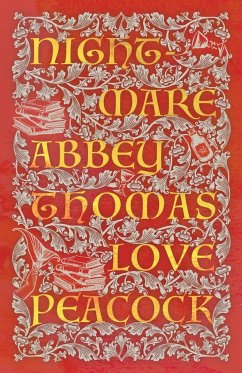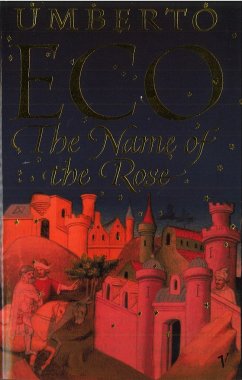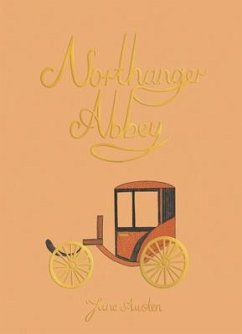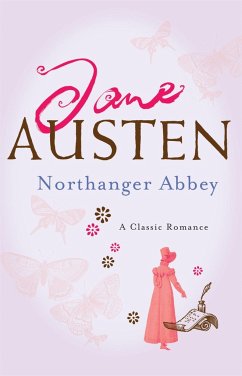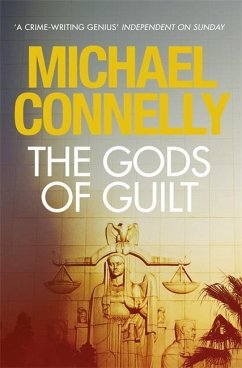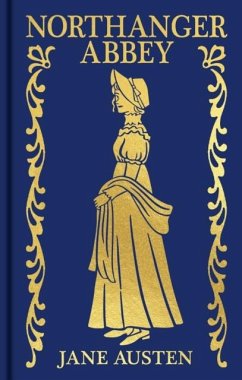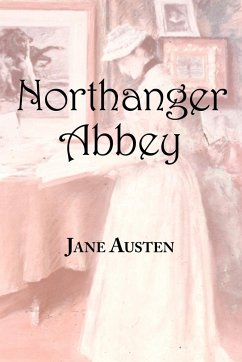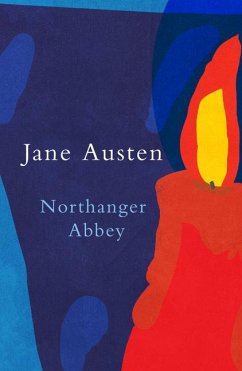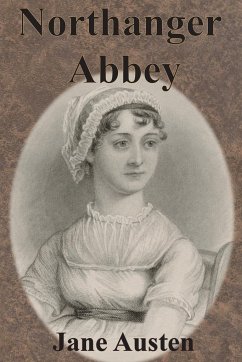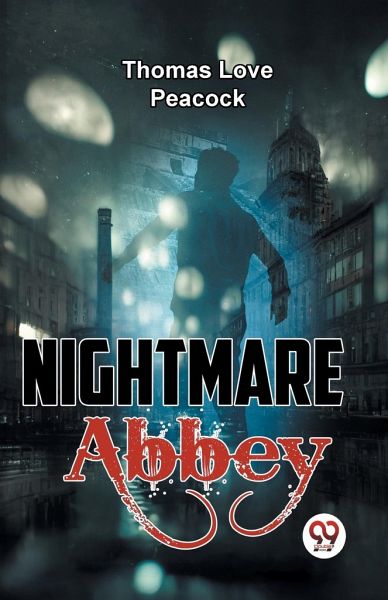
Nightmare Abbey
Versandkostenfrei!
Versandfertig in 1-2 Wochen
11,99 €
inkl. MwSt.

PAYBACK Punkte
6 °P sammeln!
"Nightmare Abbey" is a satirical Gothic novella written by Thomas Love Peacock and published in 1818. The story revolves around Christopher Glowry, a melancholic widower who lives with his son Scythrop in the isolated Nightmare Abbey. The novel satirizes the morbid themes, misanthropy, and philosophical systems prevalent in contemporary English literature, particularly Romanticism. The plot follows the eccentric and peculiar characters who visit Nightmare Abbey, including Mr. Hilary, Scythrop's flirtatious love interest Marionetta, and Celinda Toobad, who seeks refuge from an unwanted engageme...
"Nightmare Abbey" is a satirical Gothic novella written by Thomas Love Peacock and published in 1818. The story revolves around Christopher Glowry, a melancholic widower who lives with his son Scythrop in the isolated Nightmare Abbey. The novel satirizes the morbid themes, misanthropy, and philosophical systems prevalent in contemporary English literature, particularly Romanticism. The plot follows the eccentric and peculiar characters who visit Nightmare Abbey, including Mr. Hilary, Scythrop's flirtatious love interest Marionetta, and Celinda Toobad, who seeks refuge from an unwanted engagement. Complications arise when Scythrop finds himself torn between Marionetta and Celinda, unable to choose between them. The story takes a dramatic turn with the appearance of a ghostly figure and reports of haunting in the abbey. However, it is later revealed to be the result of Mr. Glowry's somnambulant steward. "Nightmare Abbey" stands as a significant work in the tradition of English satirical fiction. Peacock's sharp observations and astute critique of his contemporary society make it a valuable piece of literature that continues to be celebrated for its humor and social commentary.





